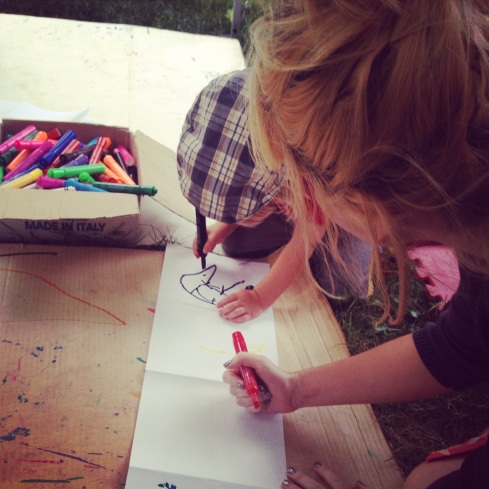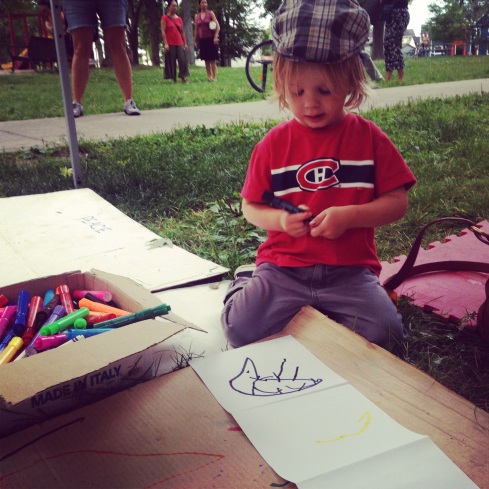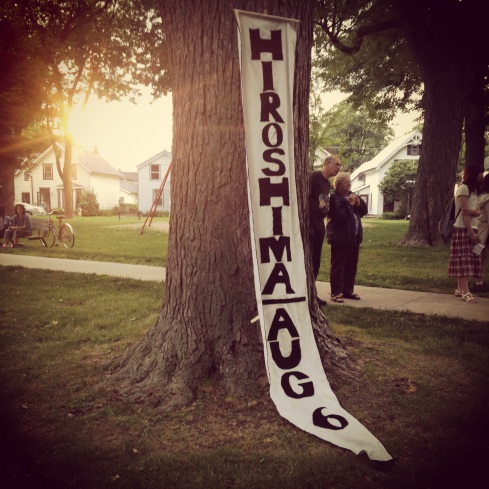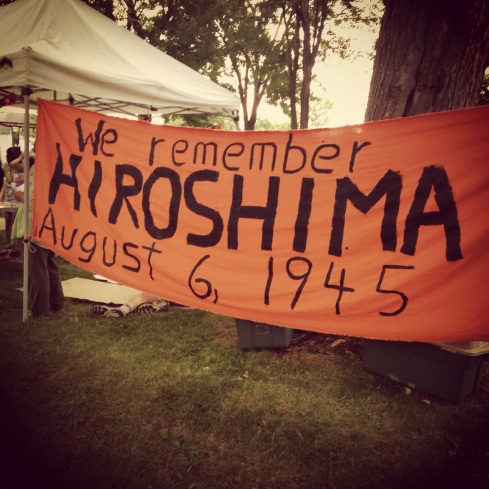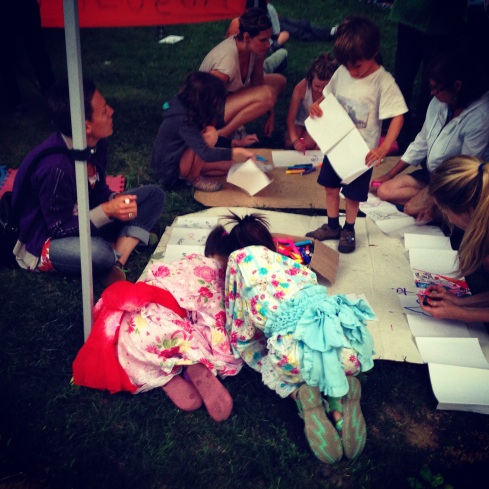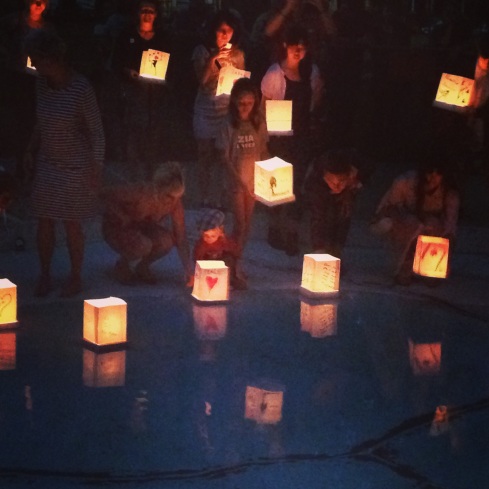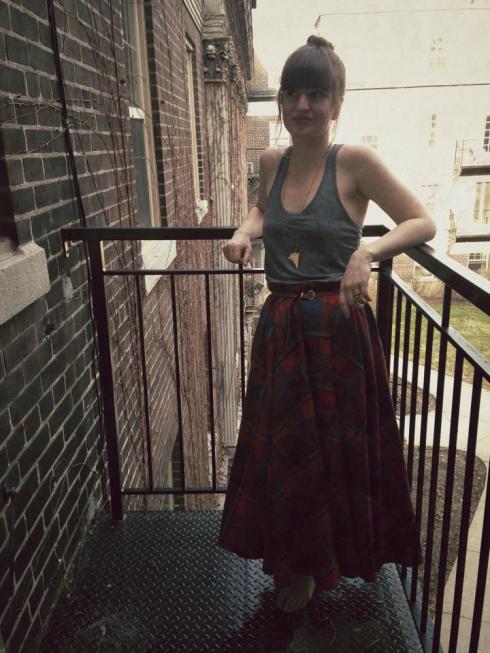I know what it must sound like to you whenever those ugly words start pouring out of me.
Every time I tell you that I’m so stupid, I’m a failure, everything is my fault and so on and so forth forever into eternity, you must think that what I’m really doing is asking a question, namely: Do you agree that these things are true?
Or else maybe it comes off as a command: Tell me that I’m wrong. Tell me that I’m worth it. Validate me.
Maybe it sounds like a dare or a taunt: Go ahead, fight me on this. Just try.
It must seem like I’m looking for some kind of reaction – a hug, or an eye roll, or something in between the two, an affectionate sort of “there she goes again” crossed with “don’t worry, you’re not monster.”
The truth is that when I fall into the spiral of negative self-talk, even when my words seem to be directed at another person, they’re almost always meant for me and only me. These words are also a compulsion, and in the way of many compulsions they act as a sort of charm or a spell to ward off something worse. They’re a way of beating everyone else to the punch, and they also function as a funny type of pep-talk. But even when I say them publicly, they’re never meant for anyone but me.
Sometimes it’s almost like I have to say something out loud in order to know whether it’s true or not. It’s similar to how I can’t memorize something unless I’ve actually muttered it through several times to myself, except that it’s more like I have to shape my mouth around these vile thoughts about myself to see if they have a taste of truth to them. A thought seems so insubstantial that it could be anywhere on the realm of possibility, but a spoken or written word – well, that’s a different kettle of fish, isn’t it? A thought is like cotton candy, melting and disappearing the moment you try to properly consume it; a word has heft. Speaking or writing something gives me the chance to weigh it against reality, to see which side the scale comes down on.
Negative self-talk is also a way of loudly and triumphantly declaring all of the terrible things you worry that other people are thinking about you. It’s a way to take the sting out of an insult, a way to toss your head and wink like you don’t care. Theoretically, what’s the hurt in someone else calling you stupid or ugly or pathetic if you’ve already embraced those awful things yourself? It’s a pre-emptive shedding of your emotional clothes before another person can come along and lift up your skirt; it’s biting your lip, hard, so that you don’t feel the needle in your arm. But of course you do still feel the needle, and even when you invite people to stare at your naked feelings their gawking sneers still hurt. You’re not really beating anyone to the punch, you’re just pounding away at yourself like a schoolyard bully landing one hit after another on some poor, defenceless, cowering kid.
Whenever I talk badly about myself, it turns into a sort of Harry Potter Devil’s Trap situation – the harder I struggle and the more I tell myself to stop, the worse it gets. Like, if I start of by saying that I’m stupid and can’t handle even the smallest things, then it escalates to saying that calling myself stupid is proof of my own stupidity, and having this meltdown is proof that I can’t handle my life, and then anger and shame that I’m letting other people see me going through this, with every added layer just making me feel worse and worse and worse about myself. Once you’re down in that pit, there’s no way out – you’re just scraping your fingers against the walls, unable to climb or dig through and ultimately only hurting yourself more. My own negative self-talk validates my low self-esteem, and in my rational moments I know that. But when I’m feeling awful about myself, the only way to fix it seems to be to drive the knife deeper.
I know that the negative self-talk serves no real purpose, no matter how I try to frame it or justify it, but it’s hard to quit. It’s an internal groove on a record and whenever my mental needle slips into it, the music needs to play the whole way through before I can put on something else. I’m slowly learning to pull off the needle mid-song, but it’s hard. If I tell myself to stop at the wrong time and I can’t or don’t for whatever reason, then that just leads to feeling awful over the fact that I’m still going. Right now I’m at the point where I can pick out harmful thought patterns after the fact; later, once I’m not sobbing stormily and feeling like the world is ending, I can look at what how wrong and harmful what I was saying about myself was. But when I’m in the middle of berating myself, I’m not in a place where I can listen or change – it’s like this howling mess that blocks out or distorts anything that doesn’t agree with what it says.
So I’m working on this. Along the same lines, I’m learning to Take A Compliment. Whenever someone trots out something nice about me, I just breathe deeply and say thank you instead of explaining to them all the particular ways they happen to be wrong. Sometimes, if I’m not too consumed in the haze of panic that compliments set off in me, I’ll remember to compliment them back. I hope that someday my negative self-talk will work along these lines – like, whenever I feel the compulsion to do it, I’ll just take a deep breath, smile, and say no thank you, brain. Not today. I’m too awesome for your shit right now.





